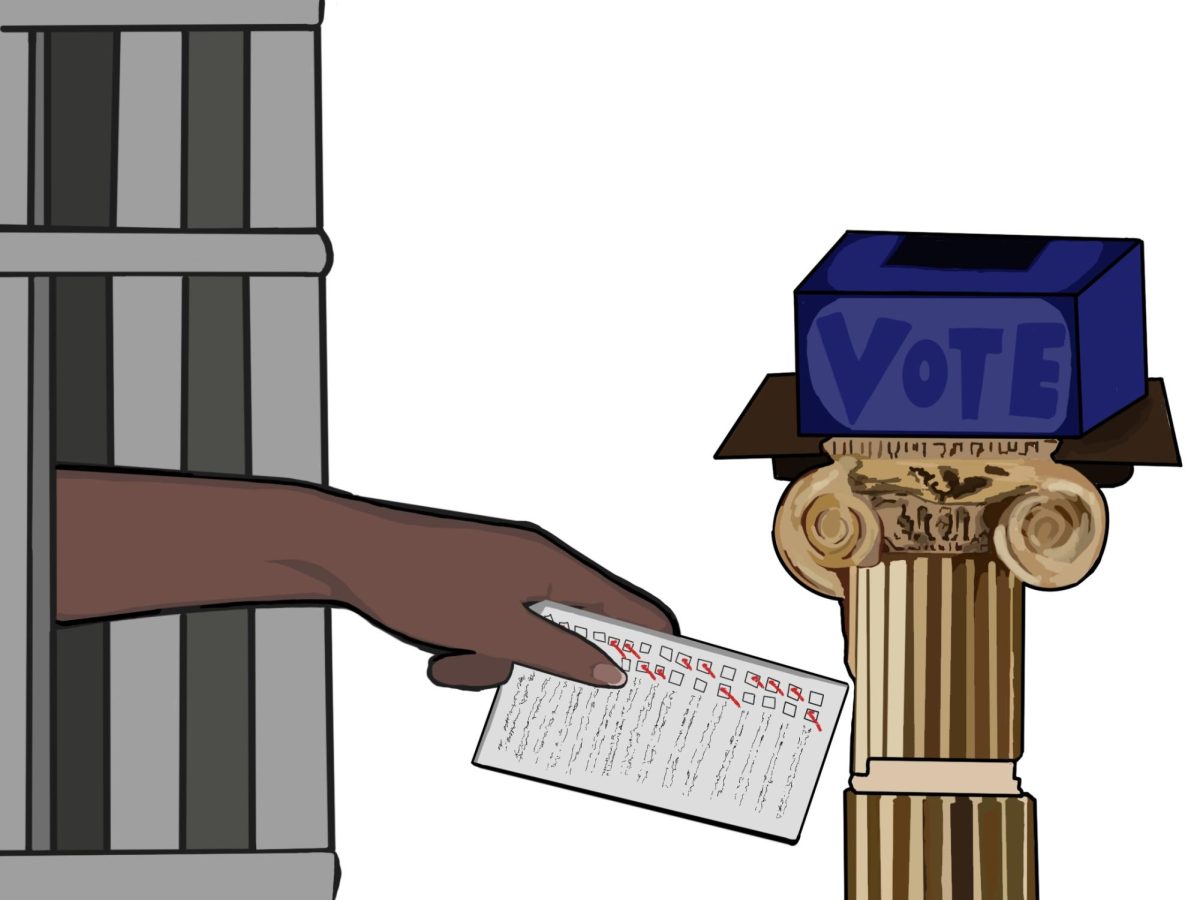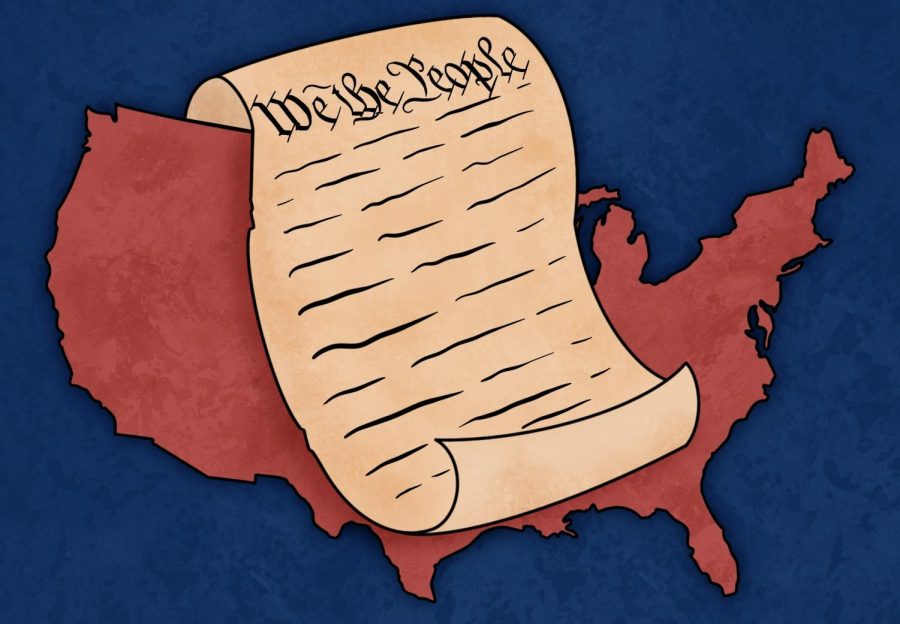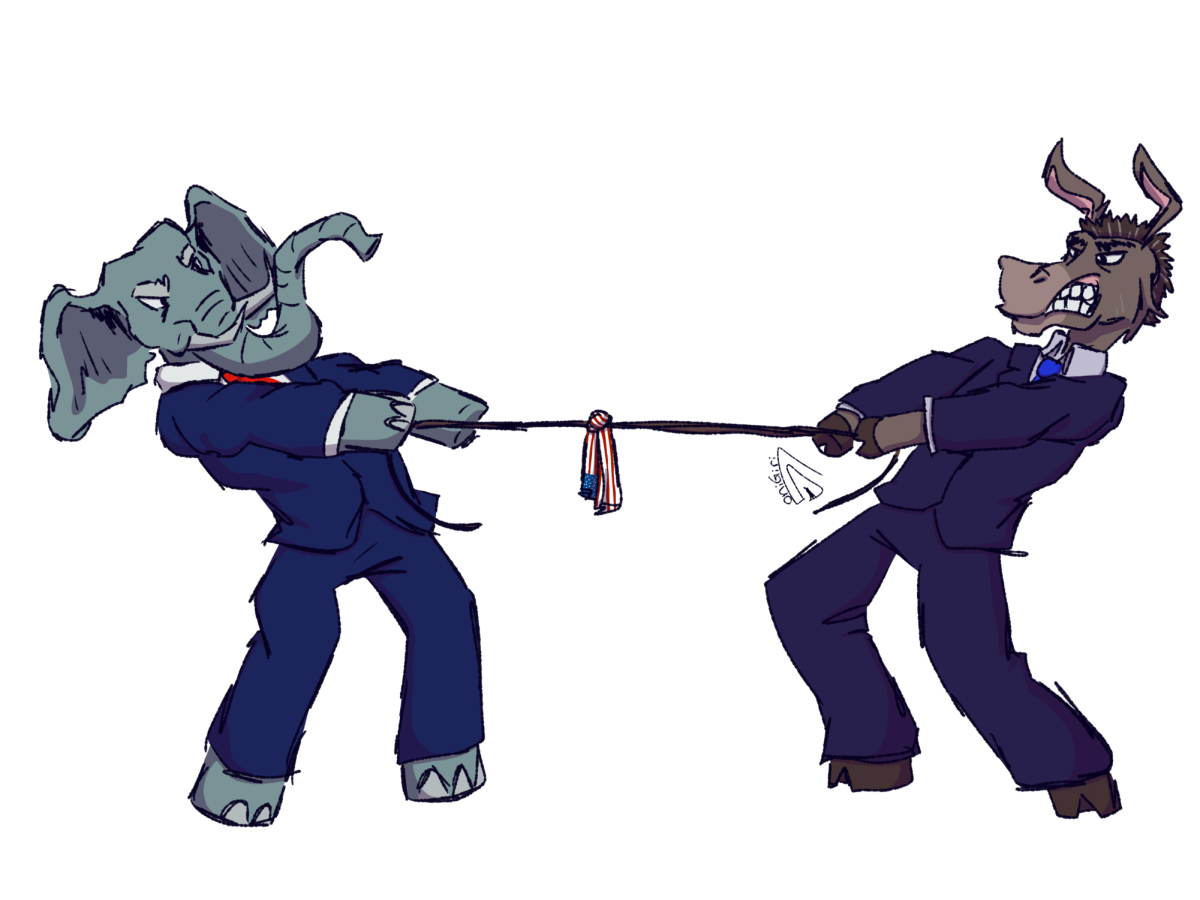“The right of citizens of the United States to vote shall not be denied or abridged by the United States or by any State on account of race, color, or previous condition of servitude.” This quoted text is the 15th Amendment of the United States Constitution, which established suffrage rights after the end of the Civil War. More amendments would be ratified to grant women the right to vote and help prevent segregation and discrimination. People have debated for decades whether prisoners should be able to vote while incarcerated.
Universal suffrage was not originally a right bestowed upon citizens by the Constitution. Congress saw this when the South prevented formerly freed slaves from being able to vote and prohibited the votes of African Americans. The lack of any mention of suffrage led Congress to be unable to regulate it due to the 10th Amendment, which states that “the powers not delegated to the United States by the Constitution, nor prohibited by it to the States, are reserved to the States respectively, or to the people.”
Looking at the Constitution from a purely legal standpoint, the 13th Amendment permits servitude for the purposes of criminal conviction and sentencing. This amendment is highly debated, and many have called for its repeal and replacement. Some states, including Alabama, Oregon, Tennessee and Vermont, are ratifying changes to their constitutions prohibiting servitude as punishment for a crime. One flaw of the 15th Amendment was that it never prohibited the denial of voting rights for the currently indentured, which is how states can legally deny them the right to vote.
Once a prisoner exits the justice system, they regain the right to vote due to the language of the 15th Amendment, as quoted, “or previous condition of servitude.” A debate has stirred over compliance with the law, however, because according to the American Civil Liberties Union (ACLU), 10 states, as of 2023, prohibit certain felons from being able to vote even after they have left the prison system. Many people argue that because of their vicious crimes, disregard for the law and frequent arrests, felons should lose their say in the law-making process, which is simply not right.
Felons in the U.S. are more likely to re-enter the prison system than ones from other countries due to the hostile climate and lack of protections that felons have against discrimination. According to the ACLU, some 650,000 Americans return to their communities from prison each year, with about half returning to prison within a couple of years. What does not help is the lack of support and rehabilitation programs available to the incarcerated. “If prison is meant to rehabilitate people, then rehabilitation and support must extend beyond the prison walls and into the re-entry process.”
Finally, Black people in the United States are incarcerated in state prisons at nearly five times the rate of white people and Latine 1.3 times as such. This leads to a potential argument that the 15th Amendment is being violated due to racial inequities in the justice system. Just as well, for African Americans, the adverse effect of a criminal record on getting a job interview is forty percent greater than for white Americans with similar histories. That means race alone can make gainful employment challenging for felons, and there are no laws prohibiting the discrimination of felons, meaning there is no recourse.
Ultimately, felons should have the right to vote. Despite their past mistakes, they are still individuals with the same basic rights as everyone else, including the freedoms of expression and speech. Denying them the right to vote would be a violation of these fundamental freedoms and a disservice to our democratic values. Allowing felons to vote gives them a voice in the political process and a chance to be heard, which is essential for building a just and equitable society. It is time to end the disenfranchisement of felons and empower them to fully participate in our democracy.






